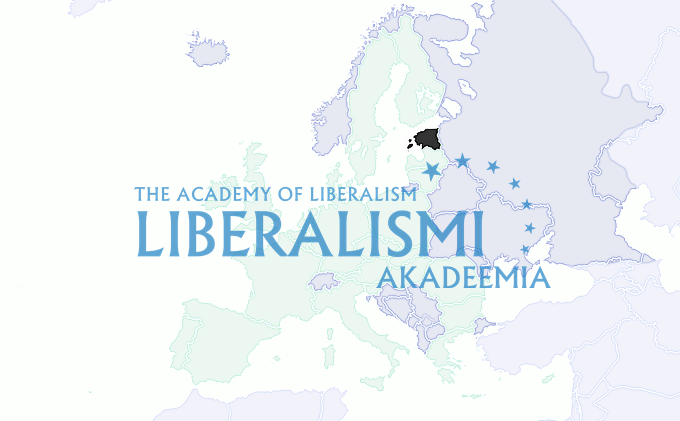
Report: Europe vs Russia Conference
BY
Free Market Foundation / July 15, 2015
Never before in the past decade has the need been so great for the civic movements to unite and respond to the threat from the East. To answer this need Free Market Foundation has organized an international conference in Budapest on June 22, titled “Europe vs Russia”.








